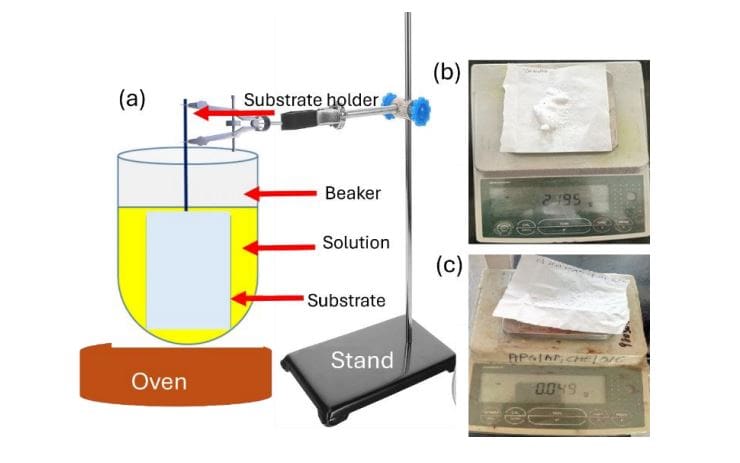Manganese-doped zinc sulfide nanocrystalline thin films hold promise for next-generation optoelectronic and photovoltaic devices, and researchers are actively exploring methods to optimise their properties. Himal Pokhrel from The University of…
Mn-doped ZnS Nanocrystalline Thin Films Exhibit 3.70 EV Band Gaps And 37nm Crystallite Sizes Via Chemical Bath Deposition
